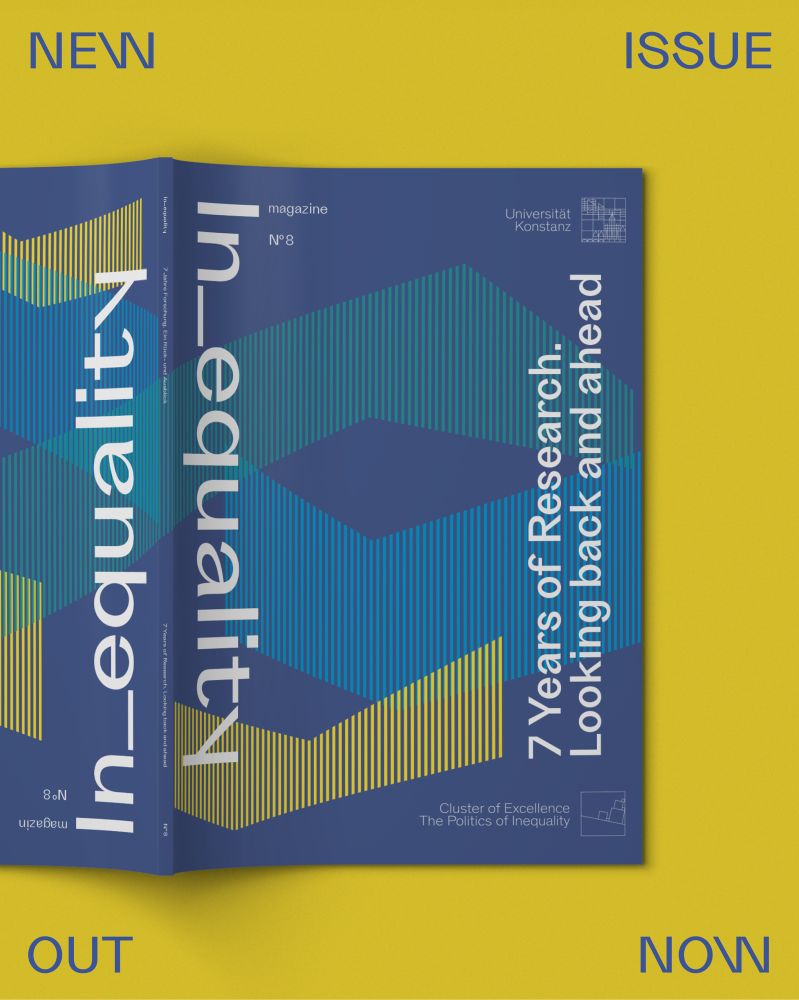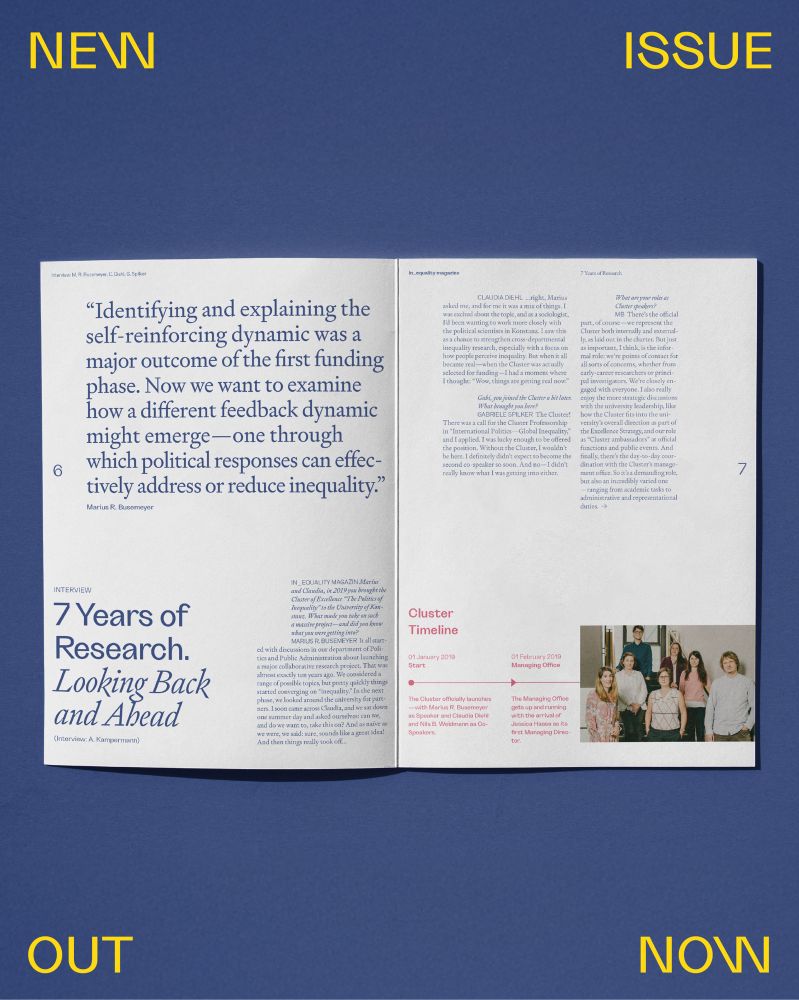Plus, Söder on his IG has created his brand #söderisst and there is mostly Baverian/German food.


Plus, Söder on his IG has created his brand #söderisst and there is mostly Baverian/German food.
Do you think that animals fall into this? Both Marine Le Pen and Matteo Salvini (before him, also Silvio Berlusconi) publish a huge amount of pictures with animals. Or it's only a mere electoral strategy?
Do you think that animals fall into this? Both Marine Le Pen and Matteo Salvini (before him, also Silvio Berlusconi) publish a huge amount of pictures with animals. Or it's only a mere electoral strategy?
The Döner is actually interesting: part of the German culture & represents the "ordinary German" food. The video of him making the döner, looks almost like a copy of Trump at McDonald's.
The Döner is actually interesting: part of the German culture & represents the "ordinary German" food. The video of him making the döner, looks almost like a copy of Trump at McDonald's.
3. Can food become a "new" parallel cleavage together with rural/urban, local/global and ecology/energy, used in the populist rhetoric for construct "people" ?
4. Do we have other examples, besides Salvini, Söder and Bolsonaro (Farage?) ?
Thanks for making it until here.

3. Can food become a "new" parallel cleavage together with rural/urban, local/global and ecology/energy, used in the populist rhetoric for construct "people" ?
4. Do we have other examples, besides Salvini, Söder and Bolsonaro (Farage?) ?
Thanks for making it until here.
1. Why are we not studying this phenomenon more in depth? Spam papers if you know more ⬇️
2. Is it only a man style? MLP, for example, is quite focused on animals on her IG. Is then food another feature that distinguishes male/female politicians communication?



1. Why are we not studying this phenomenon more in depth? Spam papers if you know more ⬇️
2. Is it only a man style? MLP, for example, is quite focused on animals on her IG. Is then food another feature that distinguishes male/female politicians communication?

2. Instrumental/campaigned used mostly by Salvini: staged food posts used to attack the EU (in paeticular food policies and what it's called "lab food"), promote nationalism (traditional celebrations food), and send clear political messages during elections.



2. Instrumental/campaigned used mostly by Salvini: staged food posts used to attack the EU (in paeticular food policies and what it's called "lab food"), promote nationalism (traditional celebrations food), and send clear political messages during elections.
➡️ Two "performative" styles (roughly):
1. Localised/identity-based used mostly by Söder: beer, wurst, Bavarian traditions, roots the politician in local culture and masculine, folksy authenticity.



➡️ Two "performative" styles (roughly):
1. Localised/identity-based used mostly by Söder: beer, wurst, Bavarian traditions, roots the politician in local culture and masculine, folksy authenticity.
➡️ Politicians use everyday food practices and images on SMS to perform being “one of us” and to draw a symbolic boundary between us (the people) and them (elites, foreigners, bureaucrats).

➡️ Politicians use everyday food practices and images on SMS to perform being “one of us” and to draw a symbolic boundary between us (the people) and them (elites, foreigners, bureaucrats).
www.smh.com.au/world/china-...

www.smh.com.au/world/china-...
The Sino-Japanese history problems have never been solved and faced. Mix this with an ongoing anti-chinese feeling and Sanseito, nothing good can come out of this.


The Sino-Japanese history problems have never been solved and faced. Mix this with an ongoing anti-chinese feeling and Sanseito, nothing good can come out of this.
Recent survey: chinascope.org/archives/334...

Recent survey: chinascope.org/archives/334...
bsky.app/profile/exci...


bsky.app/profile/exci...

